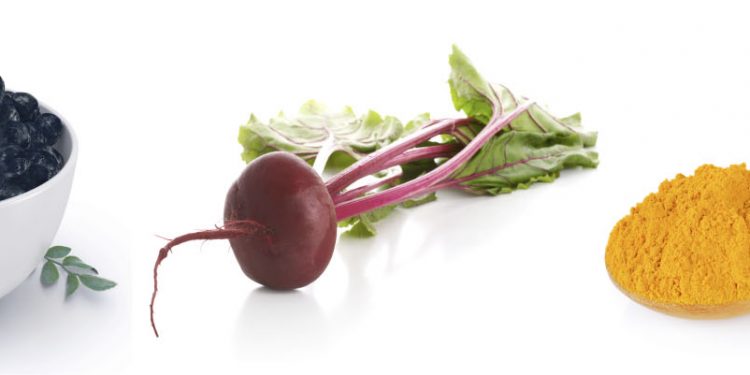Спортсмены постоянно работают на пределе своих возможностей, и правильное питание может иметь решающее значение для достижения пиковых результатов. Хотя волшебного средства не существует, некоторые продукты, известные как суперфуды, могут обеспечить питательное преимущество. В этой статье мы рассмотрим эти мощные питательные вещества и то, как они могут помочь спортсменам естественным образом улучшить здоровье и производительность.
Что такое суперфуды
Суперфуды — это богатые питательными веществами продукты, обладающие исключительной пользой для здоровья. Они, как правило, содержат витамины, минералы, антиоксиданты и другие биологически активные соединения, способствующие общему благополучию. Для спортсменов суперфуды могут быть особенно полезны, поскольку они способствуют восстановлению мышц, уменьшают воспаление и повышают выносливость.
Ключевые суперфуды для спортсменов
1. Киноа:
Этот древний злак богат белком, сложными углеводами и незаменимыми аминокислотами. Он обеспечивает постоянный приток энергии и способствует восстановлению и росту мышц.
2. Ягоды:
Черника, клубника и другие ягоды богаты антиоксидантами, которые борются с окислительным стрессом, вызванным физическими нагрузками. Они также содержат натуральные сахара для быстрого получения энергии.
3. Листовая зелень:
Капуста кейл, шпинат и мангольд богаты витаминами и минералами, такими как железо и кальций. Они поддерживают здоровье костей и транспортировку кислорода к мышцам.
4. Лосось:
Жирная рыба, такая как лосось, — отличный источник омега-3 жирных кислот, которые уменьшают воспаление, улучшают здоровье суставов и улучшают работу сердечно-сосудистой системы.
5. Орехи и семена:
Миндаль, грецкие орехи и семена чиа богаты полезными жирами, белком и клетчаткой. Они обеспечивают длительный заряд энергии и способствуют восстановлению мышц.
Включение суперфудов в ваш рацион
Включите эти суперфуды в свой рацион, чтобы получить пользу:
1. Смузи:
Смешайте ягоды, капусту кейл, семена чиа и мерную ложку протеинового порошка, чтобы получить богатый питательными веществами напиток до или после тренировки.
2. Салаты:
Добавьте к овощам киноа, орехи и лосось, чтобы получить сытное блюдо, богатое суперфудами.
3. Перекусы:
Выбирайте орехи и семена в качестве удобных перекусов, заряжающих энергией во время тренировки.
4. Сбалансированное питание:
Включайте в свой ежедневный рацион разнообразные суперфуды, чтобы обеспечить сбалансированное питание.
Заключение
Хотя суперфуды могут быть ценным дополнением к рациону спортсмена, помните, что баланс и разнообразие играют ключевую роль. Ни один продукт питания не может обеспечить все необходимые организму питательные вещества. Поэтому подпитывайте свой организм разнообразными продуктами, богатыми питательными веществами, чтобы поддерживать здоровье и достигать спортивных целей.
